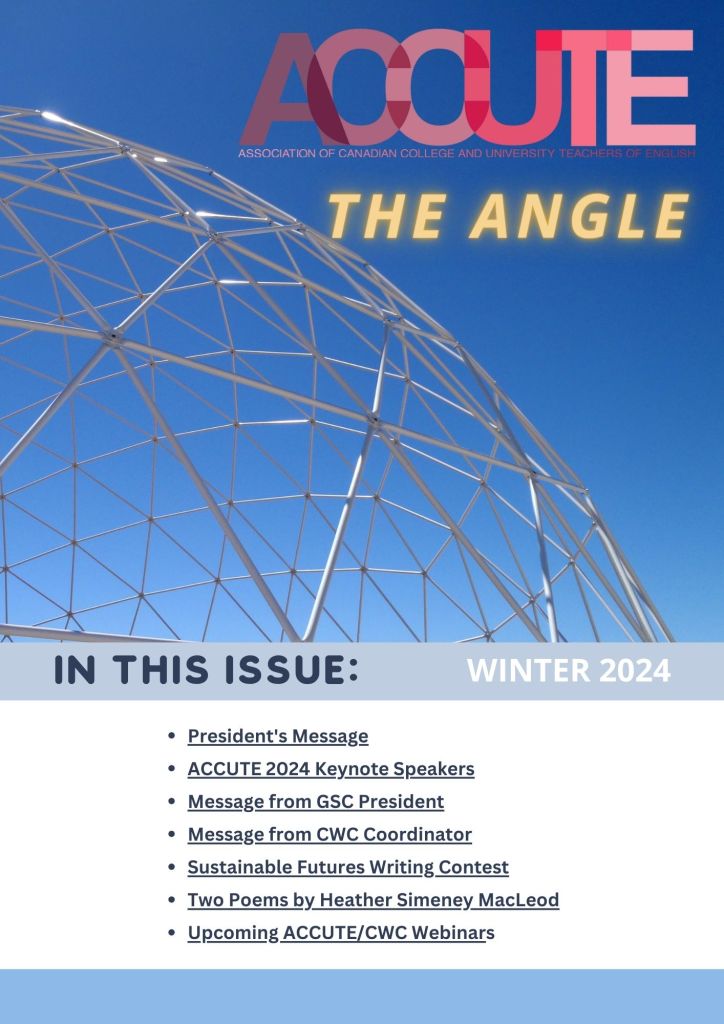Constituting Canada: Interdisciplinary approaches to an idea
A conference hosted by the Association for Canadian Studies in Australia and New Zealand (ACSANZ)
Venue: University of Wollongong, Wollongong, NSW, Australia
Date: Thursday 13th July – Friday 14th July, 2017
Keynote Speaker: Associate Professor Eric Adams, Faculty of Law, University of Alberta
2017 marks 150 years since the inception of the Canadian state with the British North America Act, 1867, and 35 years since 1982’s constitutional patriation, including the enactment of the Canadian Charter of Rights and Freedoms. While legal acts serve as focal points for the creation (and re-creation) of the Canadian state, the connotations of Canada’s constitutive documents operate across law, politics, history, geography, society, and culture, with consequences for the past, present, and future. To engage with the manifold cultural-legal meanings that constitutions and their anniversaries evoke and contest, the Association for Canadian Studies in Australia and New Zealand (ACSANZ) invites abstracts for papers that address the idea of constitutions and Canada.
The conference will ask how nations, states, and peoples in Canada have been constituted, and investigate the significance of constitutive moments in the Canadian context. Participants are invited to reflect on questions that include, but are not limited by:
- How do constitutive documents represent, legitimate, or deny Indigenous, multicultural, gendered, and federal histories and claims?
- How has Canada’s constitutional model and history shaped Canada, and how have these changes resonated internationally?
- How do the arts constitute Canada and its communities? How are constitutive texts and histories reflected upon in the arts, and how are the arts shaping Canada’s legal consciousness?
- How has the Canadian Constitution addressed its imposition upon pre-contact societies with their own legal and political orders?
- What does the presence (or absence) of rights language in foundational documents like constitutions mean for their legal and affective power?
- How do we remember and represent the creation of states and nations, and what does it mean to celebrate such a contested moment in time?
- What attributes of Canada’s Constitution and its experience that have special resonance for Australia and New Zealand?
- What possibilities does constitutional change offer for imagining and re-imagining Canada?
Contributions from across disciplines that deal with all aspects of Canada and Canadian Studies, including from a comparative perspective, are welcomed.
Please email an abstract and brief bio to Dr Robyn Morris (robynm@uow.edu.au) and Dr Benjamin Authers (benjamin.authers@canberra.edu.au) before Dec 1st, 2016. To assist with planning, earlier abstracts are welcomed and will be evaluated when they are submitted.
Categories: Non ACCUTE CFPs



